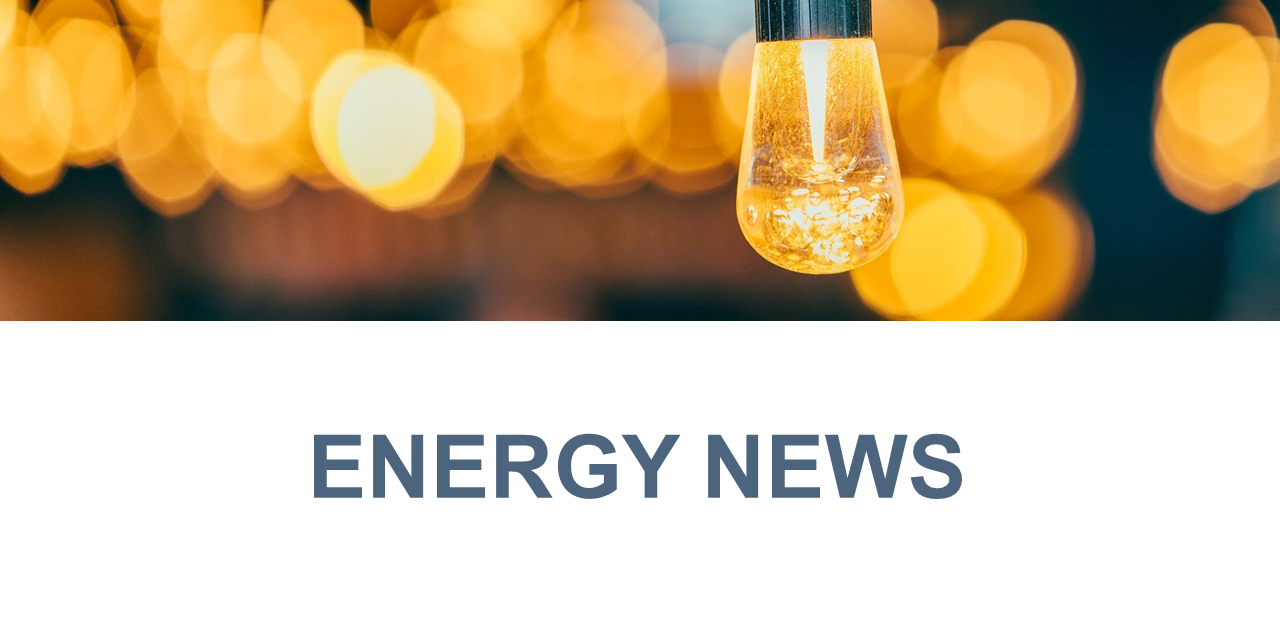ENERGY RELATED EU AND INTERNATIONAL NEWS

date: 01/08/2023
European Parliament votes on a minimum reform of the electricity market
European Parliament's Industry Committee has endorsed a minimal reform of the bloc's electricity market. The reform, presented by the European Commission in March, aims to avoid a repeat of last year's energy crisis, which saw consumers facing high bills due to record gas prices.
With the progressive overcoming of the crisis, the European Parliament opted for less controversial positions, maintaining state support measures and focusing on social protection, paving the way for final negotiations with EU countries to begin in September.
Read more here
EU Lawmakers reintroduce nuclear in EU’s net-zero industry list
Following the European Commission’s proposal of draft legislation on the Net-Zero Industry Act (NZIA) to promote the production of low-carbon technologies in Europe, EU lawmakers in the European Parliament’s Committee on Industry, Research and Energy (ITRE) amended the compromise list to include nuclear fission and fusion technologies alongside renewable energy technologies, energy storage, carbon capture and storage (CCS), hydrogen transport infrastructure, and electrolysers, among others and reaching a political agreement on the text. A formal vote in the Parliament’s ITRE committee is scheduled for 12th October, followed by a plenary vote in November.
Read more here
Flexibility needs: more than doubled by 2030 and will grow sevenfold by 2050
An increasing share of intermittently available renewable energy in the EU electricity system will require more flexibility to ensure the operation of the grids. Current flexibility requirements - 11% of total EU electricity demand in 2021 - will increase to 24% in 2030. The use of renewables - by their nature highly variable - in combination with limited storage capacities and variable consumer demand will put pressure on electricity system operations and could cause large price fluctuations.
Read more here
Germany outlines plan for expansion and digitisation of electricity grids
The digitalisation of distribution grids is currently representing one of the main priorities of the German Federal Network Agency, which presented ambitious plans for the expansion of the country's electricity network. Although grid expansion is the responsibility of Germany's 16 federal states and the federal agency did not comment on the costs of upgrading the German electricity grid, the central government initiated a national legal framework for smart grids with the Energy Transition Digitisation Act, which came into force at the end of May.
Read more here
Smart grids and digitalisation – more effort needed
The International Energy Agency’s (IEA) latest update reveals the race to modernize electricity grids and tap into the power of digital tech. But there's a catch – we need more innovation, standards, and global collaboration to accelerate the clean energy transition. Discover how smart meters, connected devices, and flexible assets can pave the way to a net-zero future.
Read more here about the article.
IEA's "Tracking Clean Energy Progress" Report
The IEA's latest annual update of the Tracking Clean Energy Progress online resource reveals impressive advancements in the past year. Solar PV, electric vehicles, and lighting are making good progress and are on track with clean energy goals. However, there is still work needed in other areas. Although clean energy technology deployment has shown positive signs, innovation is essential to tackle challenges in certain sectors.
Read here to learn more about the report.
IRENA’s Report on the geopolitics of critical materials
The significance of critical materials in the development of renewable energy technologies, especially in constructing smart grids, is widely recognized as the production of the renewable technologies heavily depend on specific critical material. In this context, IRENA published a new report on the geopolitics of critical materials in the energy transition, raising concerns about the vulnerability of supply chains due to geopolitical risks. The report suggests diversifying supply chains and promoting sustainability, especially in developing countries that hold significant reserves, offering opportunities for inclusive growth.
Read more here about the article.
China's Energy Scene in June: Record Solar & Wind Surge, Coal Power's Comeback, and the Air Pollution Battle
The article covers several aspects of China's energy and environmental situation in July, it provides an overview of the Chinese developments including shifts in power generation sources and the impact on air quality in various regions.
Read more here
